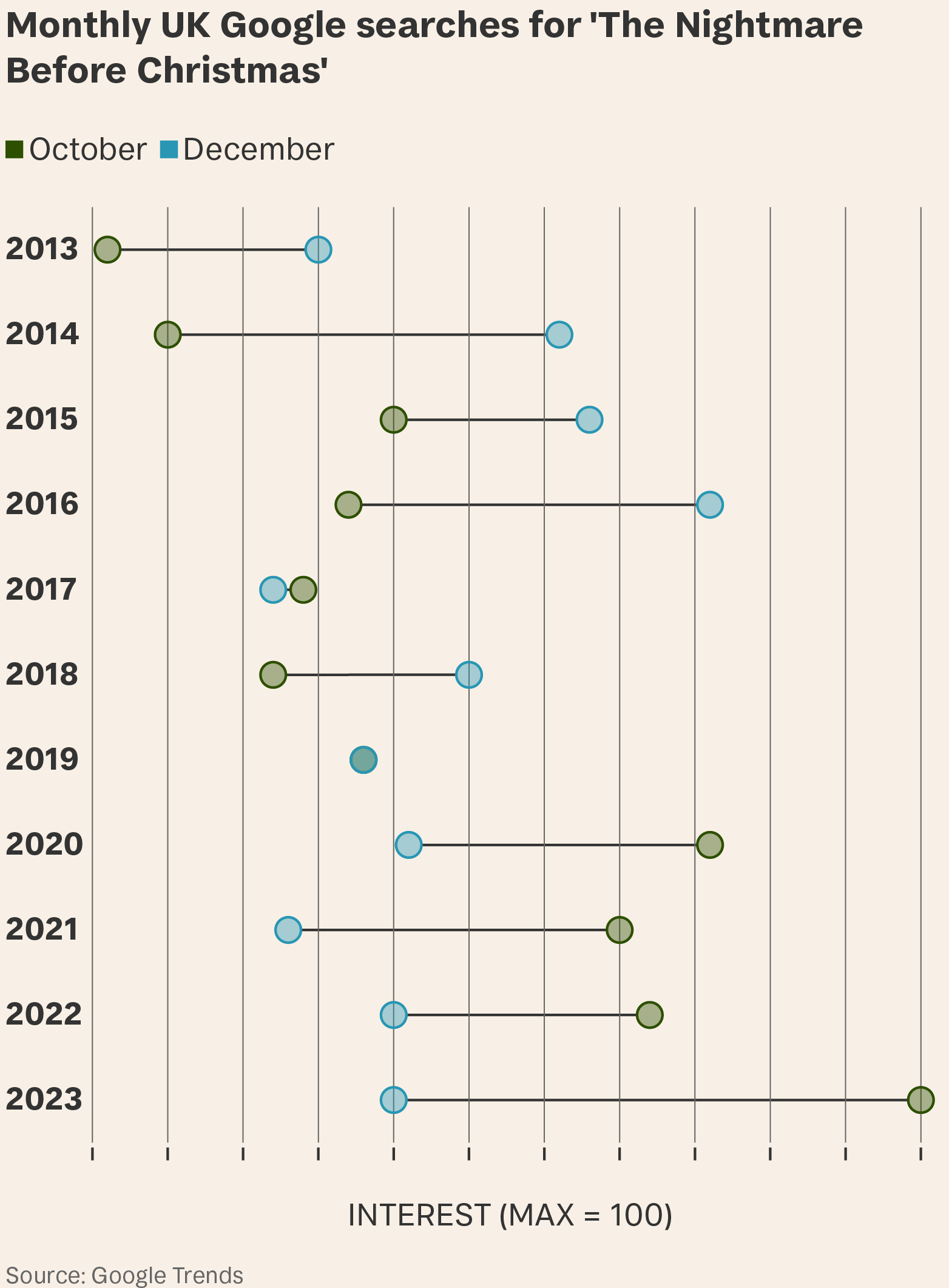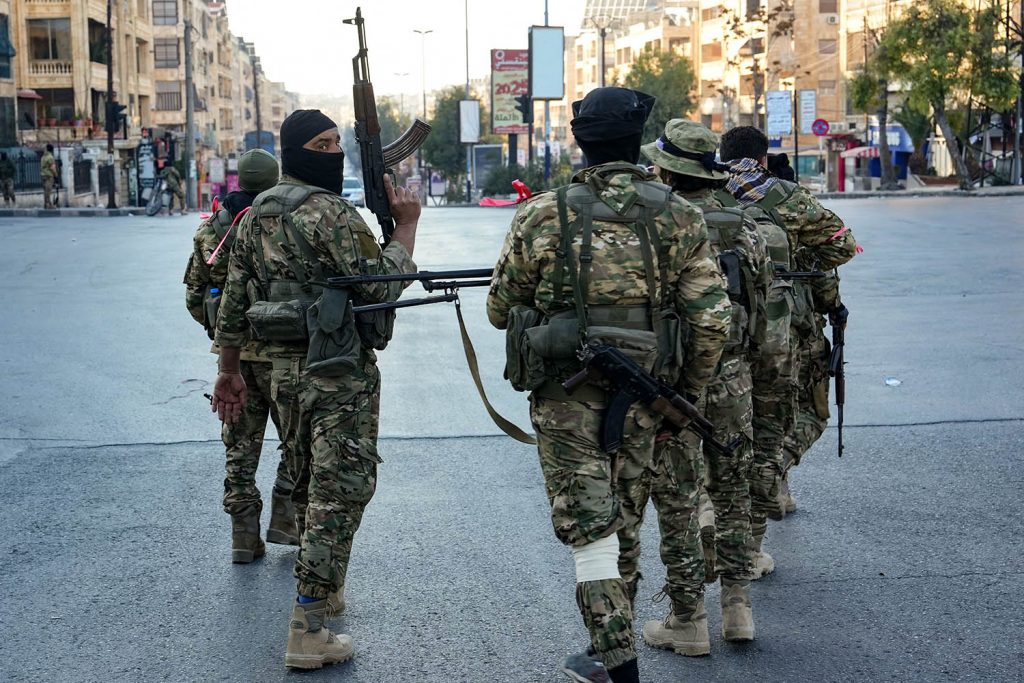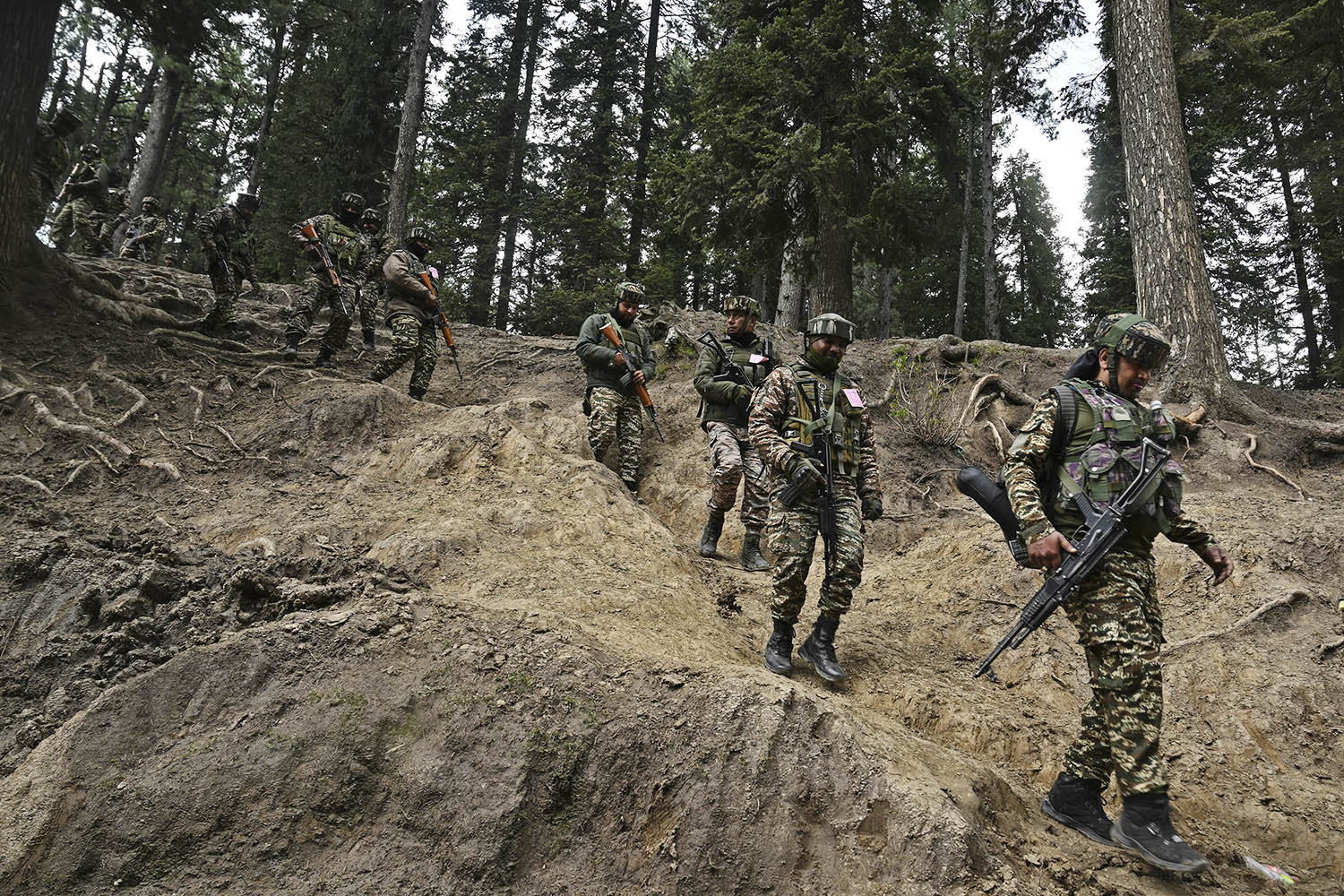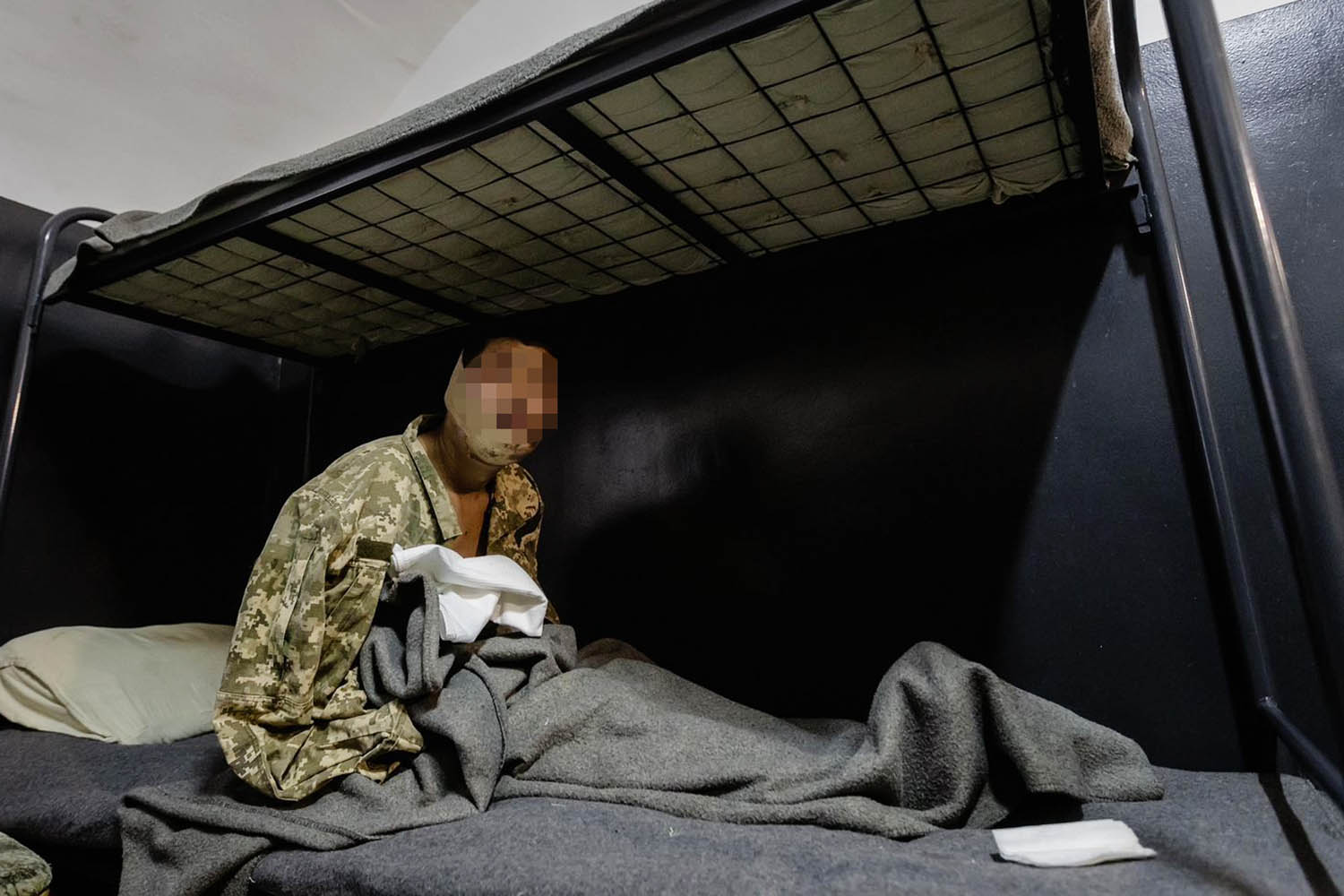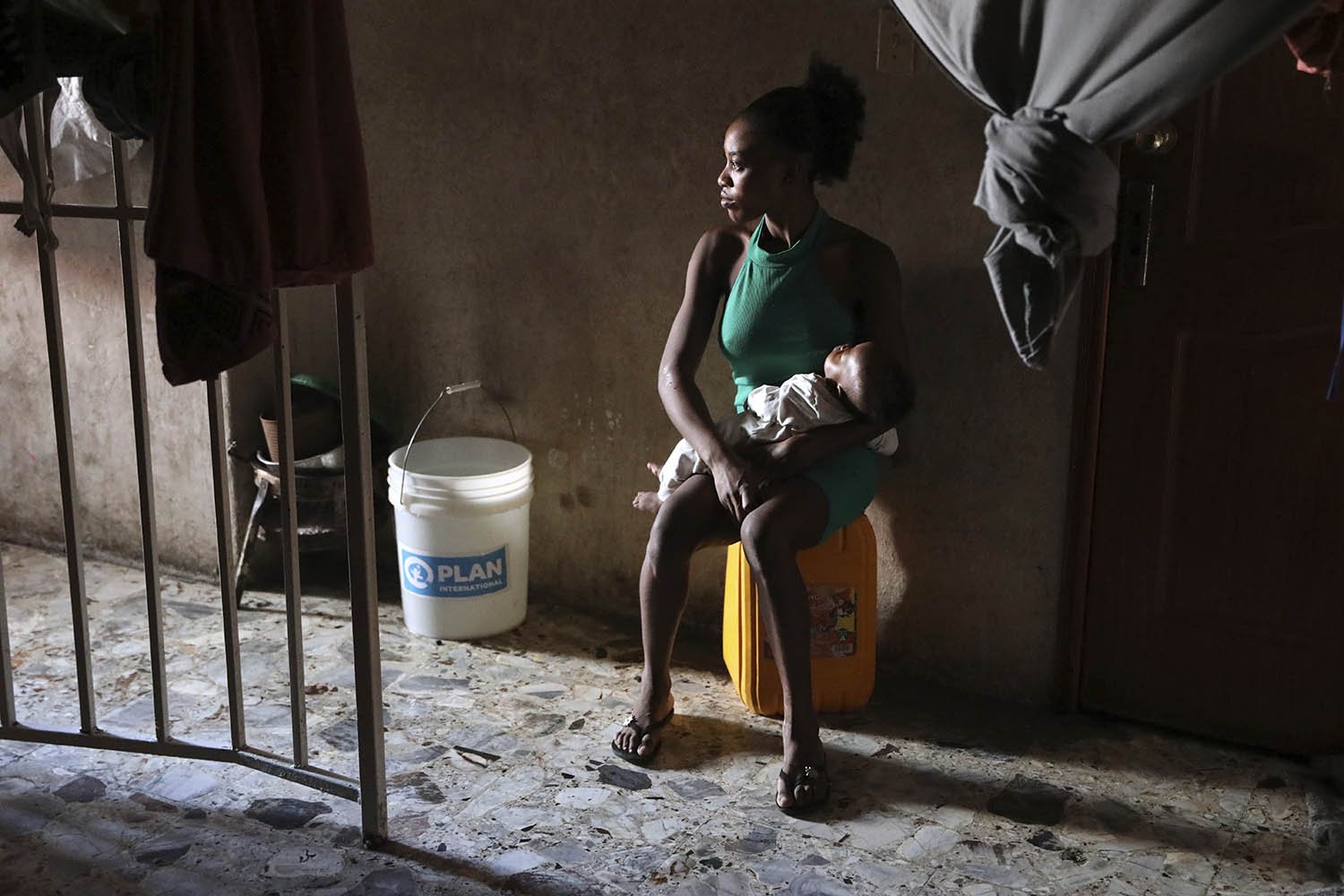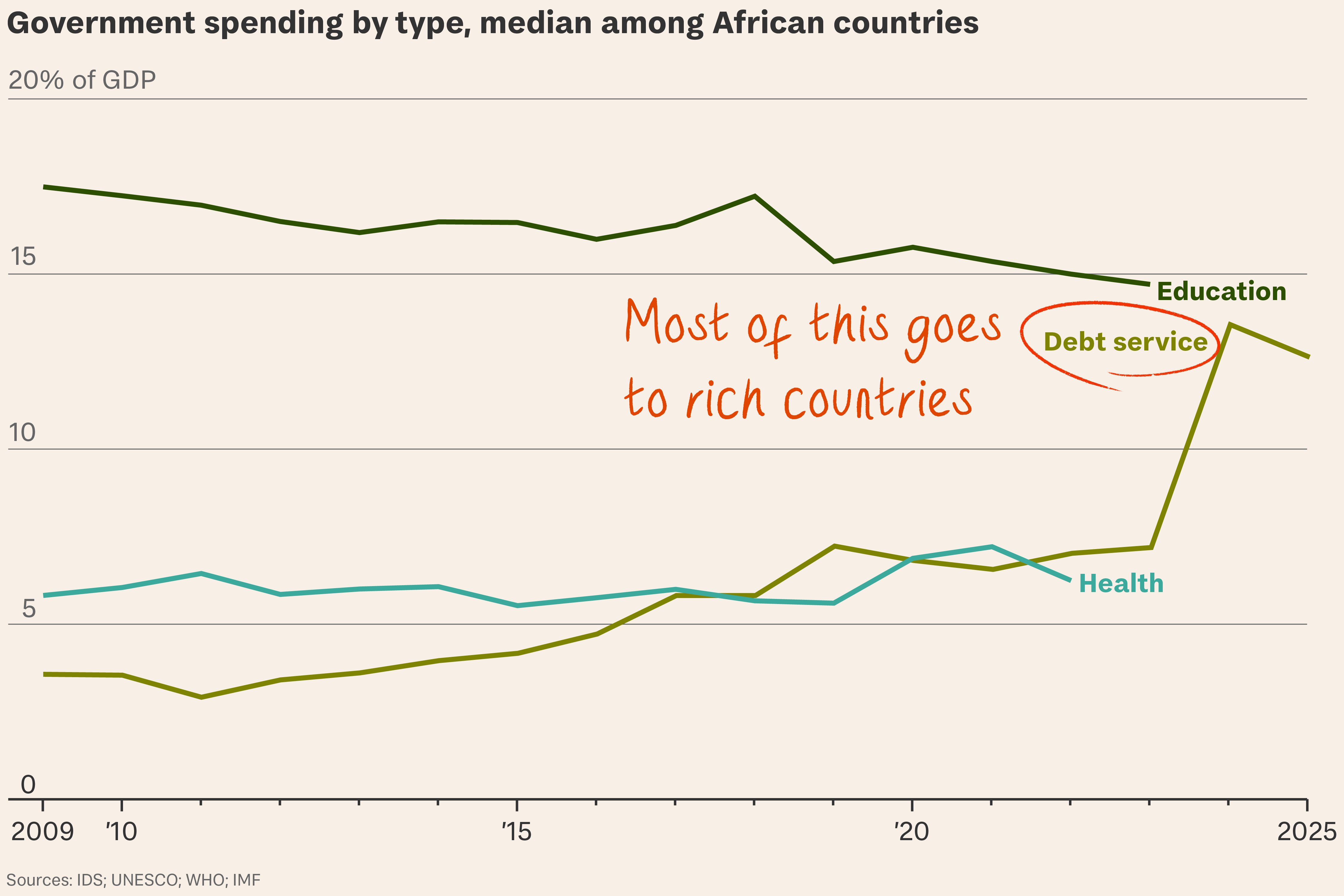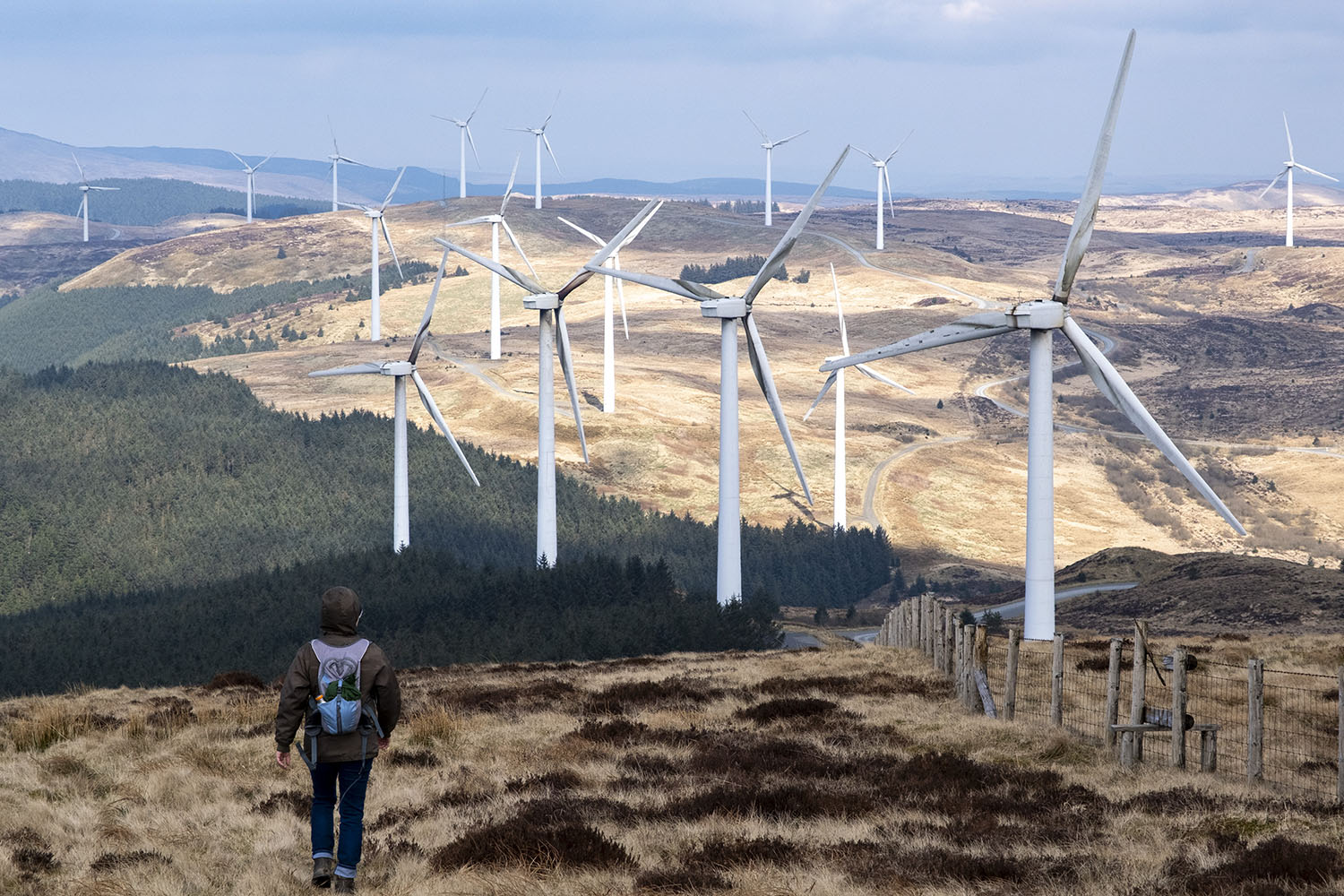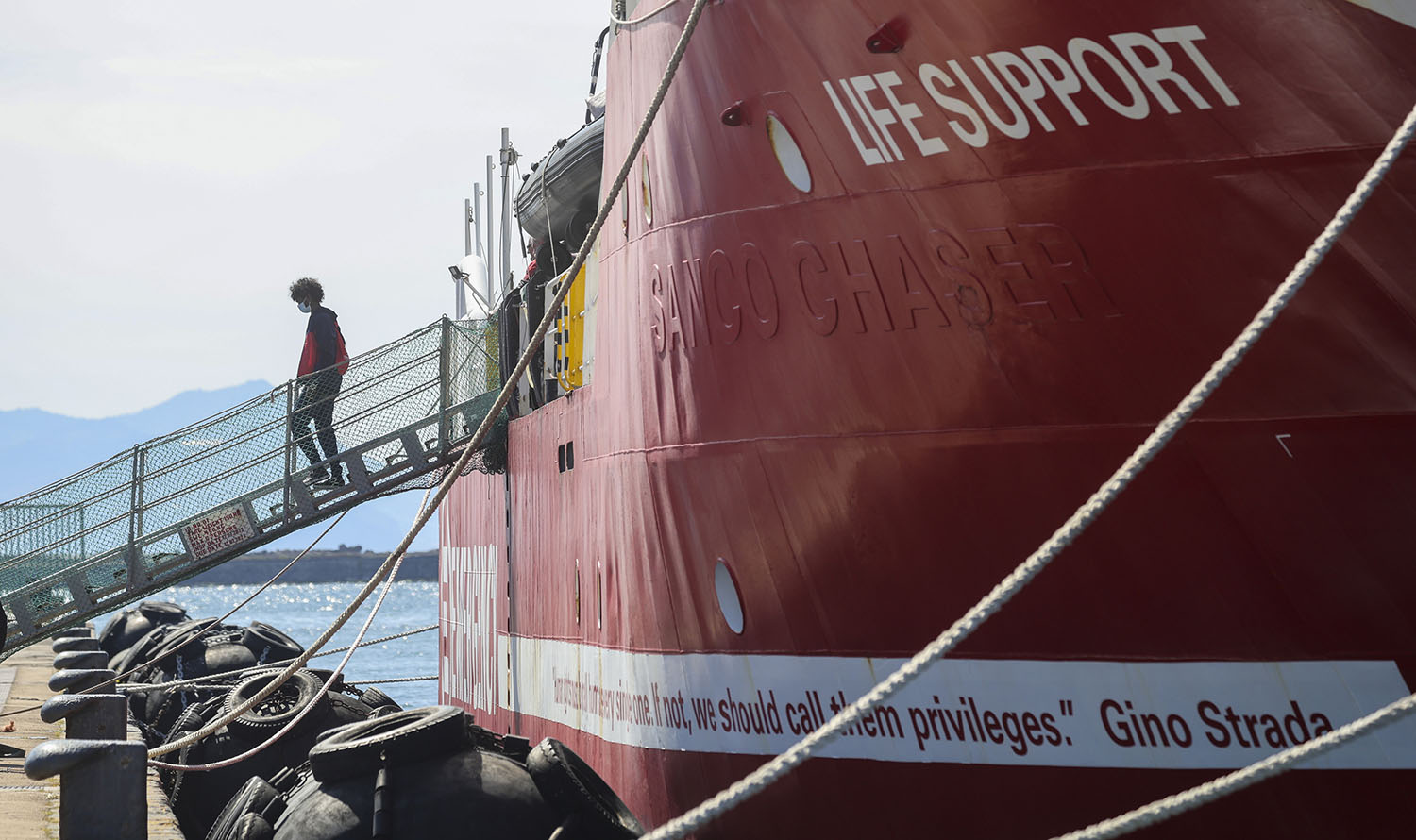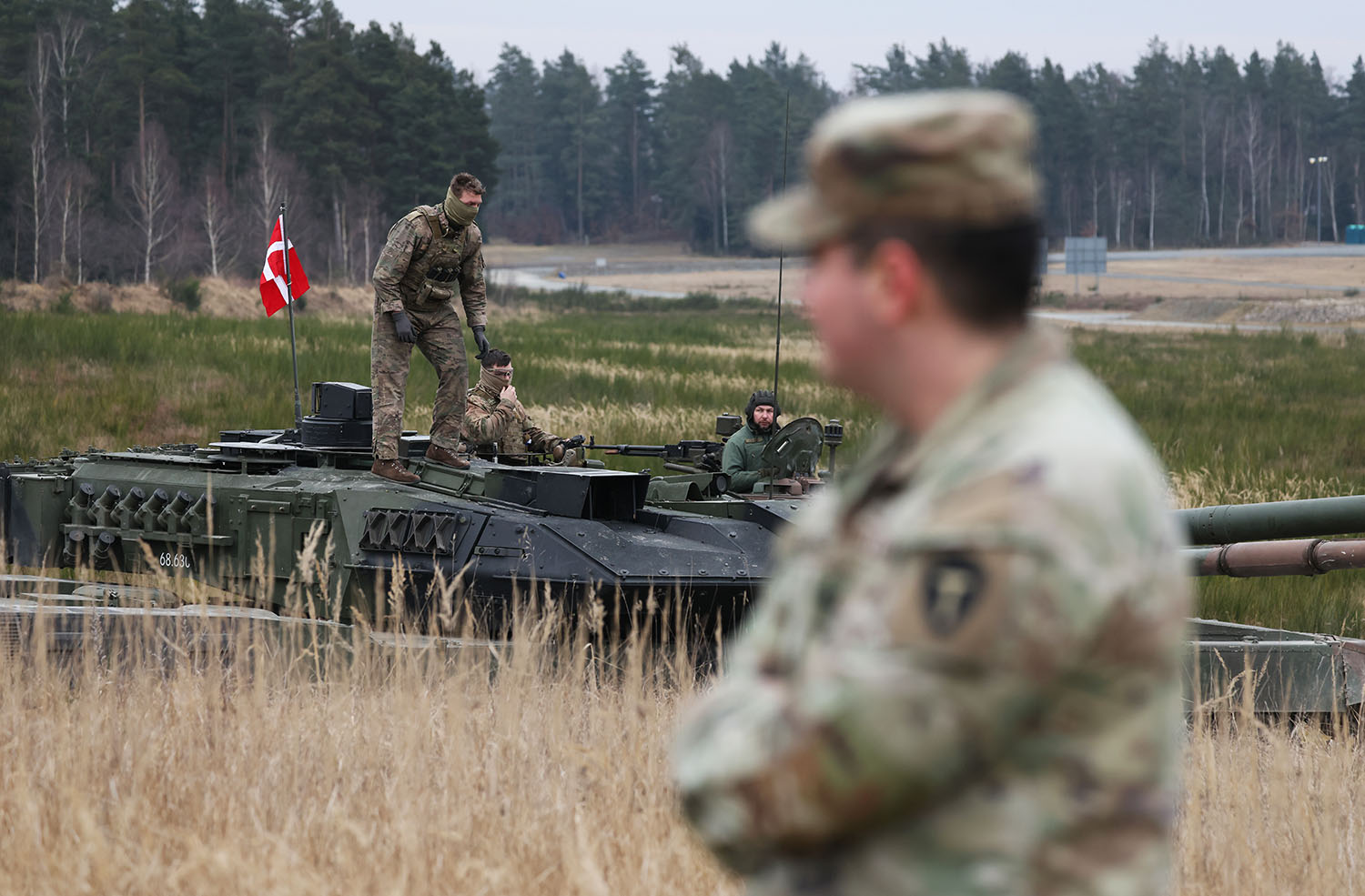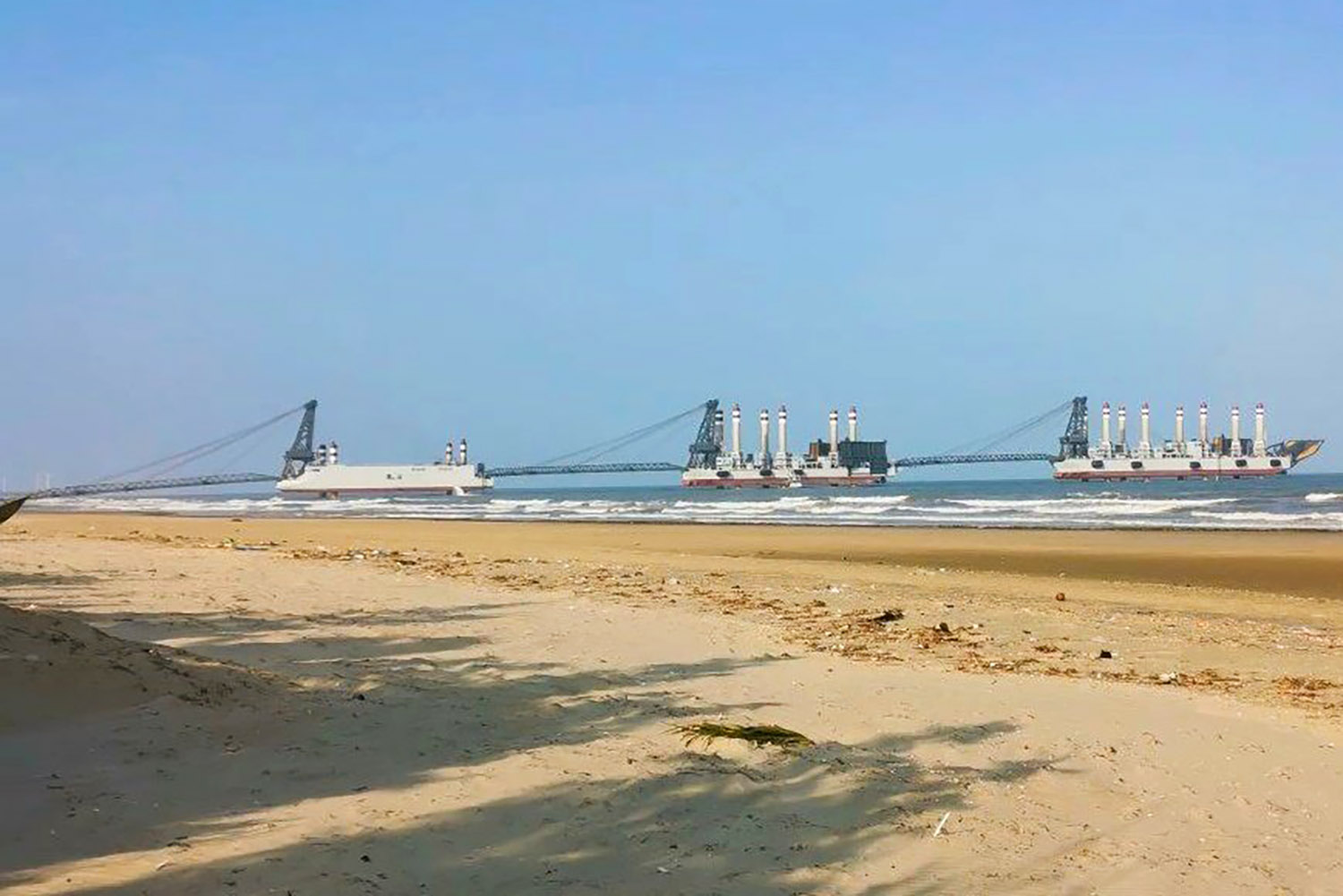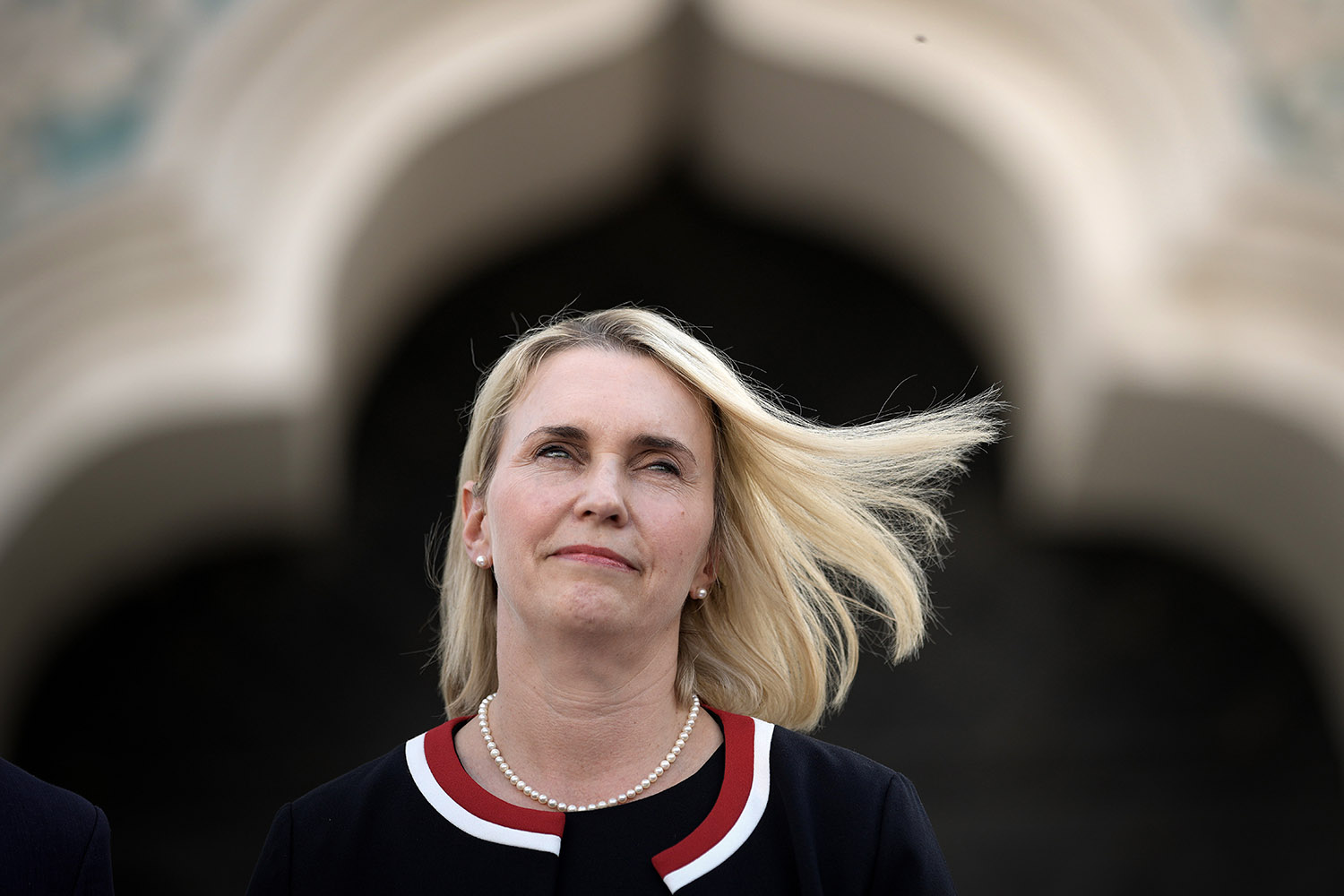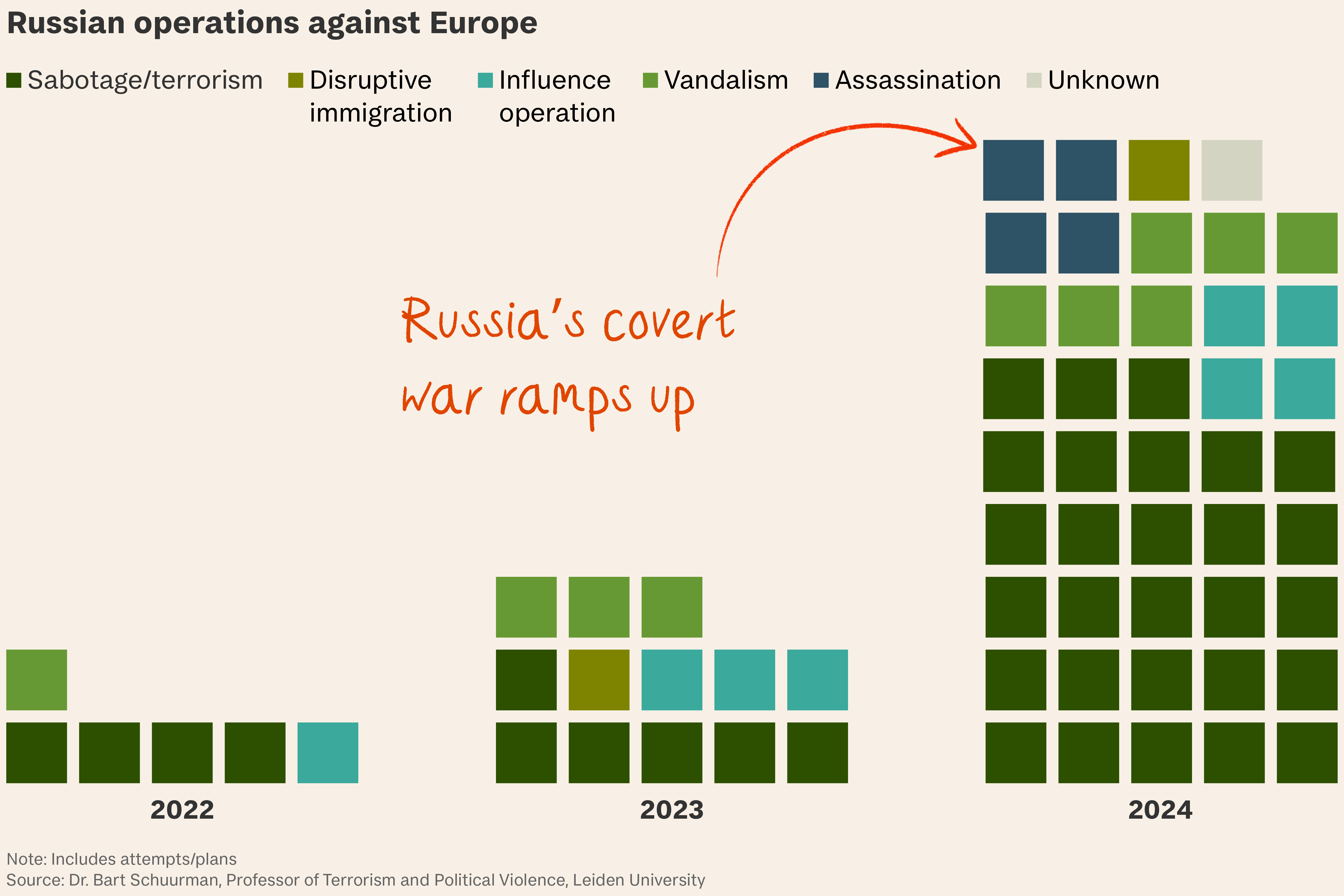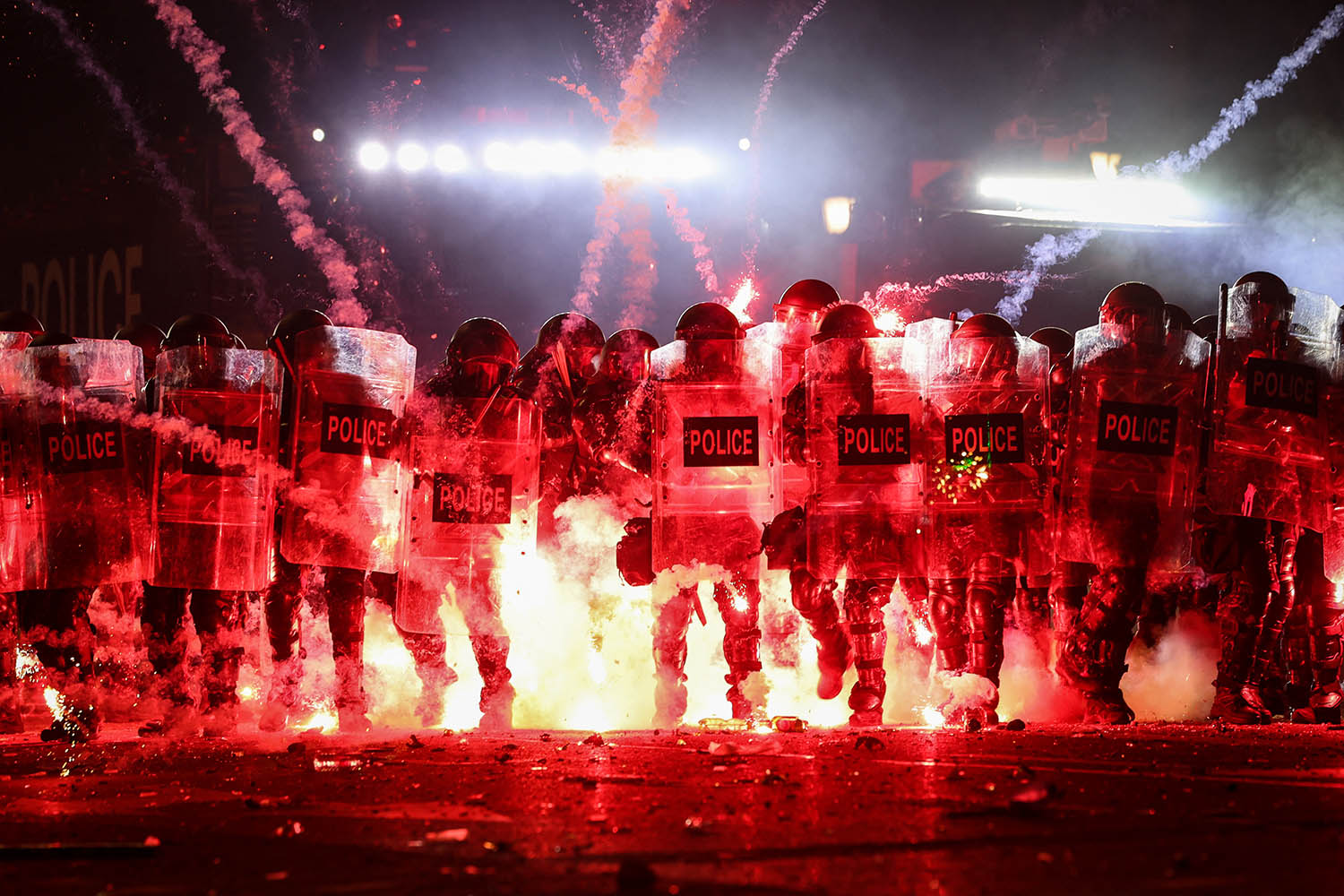
Voters believe Europe is their destiny. Their government has other plans.
Protesters confronted riot police in Georgia’s capital and rallied in cities across the country for a fourth straight night last night following the Russia-leaning government’s announcement that it was suspending talks on EU membership.
So what? The announcement lit a fuse. Georgia’s population overwhelmingly supports Georgia’s “European path”. It’s now heading for a collision with the government that echoes the genesis of Ukraine’s Revolution of Dignity in 2014.
- The protesters reject the result of an election they say was rigged.
- Russia has a pliant ally (in Prime Minister Irakli Kobakhidze) prepared, for now, to meet them with force and the threat of force.
- The result is a battle for the soul of Georgia that’s also part of a now-familiar contest between democracy and Putinism.
Government, what government? All opposition parties have refused to enter the new parliament following October’s parliamentary elections, which were marred by evidence of a coordinated campaign to falsify the vote including voter intimidation.
Georgia’s largely ceremonial President, Salome Zourabichvili, has meanwhile asserted a new role as bridge to fresh elections.
- Backing the protesters, she has vowed not to stand down as planned in mid-December, offering stability while, as she put it yesterday “everything is falling apart”.
- She has accused the governing Georgian Dream (GD) party of a constitutional coup (since Georgia’s European integration is enshrined in its constitution).
- She has further sought to delegitimise GD’s authority by supporting the opposition’s claim that the elections were fraudulent.
Salome who? Zourabichvili is French-born, from a family of Georgian emigres, and rose through the French diplomatic service to become ambassador to Georgia before accepting Georgian nationality.
Beef with Brussels. Kobakhidze’s announcement stated that accession talks with the EU would not be restarted until late 2028. That looked like a knee-jerk reaction to a European Parliament resolution condemning the conduct of the elections and calling for top GD officials to be sanctioned.
European politicians and bureaucrats were “hurling a cascade of insults” at his government, Kobakhidze said. But his decision has energised a protest movement that had been in the doldrums ever since opposition parties failed to unseat GD in the October vote.
The Russia factor. Georgians on the streets are convinced their government, financed by the billionaire Bidzina Ivanishvili, is a Russian project. Even as they gathered outside parliament, Putin was reported to have congratulated GD on its illiberal agenda, bolstering the view that the Kremlin’s hand in Georgian politics is no fantasy.
The protests this time have taken on a new dimension.
- Hitherto confined to Tbilisi, they have spread to every major city and to rural backwaters traditionally more pro-government.
- Hundreds of diplomats and civil servants who have spent their careers preparing Georgia for EU accession have condemned the move. Five Georgian ambassadors and the deputy foreign minister have resigned.
Bend or break? It’s not clear yet if there are cracks in the GD regime, but it is on the back foot. Many protesters say this is the point of no return; that it’s now or never to take a stand for their country’s European future.
The government may have miscalculated the strength of public feeling. Its riot police are struggling to maintain discipline, and images of young people being punched and kicked unconscious on the ground are only swelling the crowds.
Hong Kong style. Resourceful protesters have played cat and mouse with the police, using fireworks and lasers to slow the advance of water canon and black-clad security officers who carry no identification. But…
- The movement’s decentralised structure makes it vulnerable.
- Opposition politicians are only marginally more popular than the government.
- To prevail, the protesters will have to dig in as in Kyiv in 2014.
The government is trying to convince the public that the West is blackmailing Georgia, disregarding its cherished Orthodox Christian values and seeking to ensnare the country in the Russia-Ukraine war. In reality, most Georgians are clamouring to join the bloc, which requires tangible democratic reforms as the price of entry.
What’s more… Those are not unreasonable demands. But for a government in service to an oligarch, they are an existential threat.
Chart of the Week
